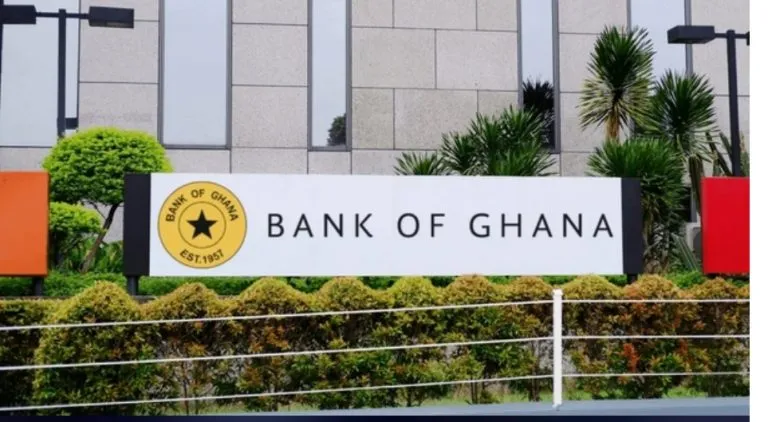adverts
The Bank of Ghana (BoG) has refuted allegations that FinTech companies and Money Transfer Operators (MTOs) are withholding billions in foreign currency from remittance inflows, exacerbating the depreciation of the Ghanaian cedi.
A source within the central bank described these claims as misleading and unfounded, emphasising that all remittance inflows are fully accounted for through the banking system.
Recent media reports suggested that licensed MTOs and FinTech firms had withheld over US$10 billion in remittances over the past five years, denying the country critical foreign exchange. These reports implied that such actions had contributed significantly to Ghana’s ongoing currency challenges.
adverts
However, the BoG dismissed these assertions, citing data from both the central bank and the World Bank, which indicate that remittance inflows have been rising consistently rather than declining.
The BoG further rejected accusations of operating a dual foreign exchange system, reaffirming that Ghana maintains a single, regulated forex regime. The bank clarified that it does not directly license MTOs, as they are based abroad, but instead authorizes partnerships between these entities, local banks, and FinTech firms to facilitate inward remittances.
“All foreign exchange inflows from remittances are credited to the nostro accounts of partner banks, ensuring full accountability,” the source stated, referencing the central bank’s June 2024 statement that refuted allegations of forex hoarding by FinTechs and MTOs. “No Payment Service Provider (PSP) holds forex proceeds from inward remittances.”
The BoG emphasised that the updated Inward Remittance Guidelines (2023) mandate all remittance proceeds be routed through local banks’ nostro accounts.
Issued under the Foreign Exchange Act, 2006 (Act 723) and the Payment Systems and Services Act, 2019 (Act 987), these regulations strictly limit FinTech involvement to inward remittances, barring them from handling outbound forex transactions.
In response to concerns that remittance inflows were not accurately reflected in Ghana’s Balance of Payments (BoP) data, the BoG assured the public that all foreign exchange transactions, including those facilitated by FinTechs, are properly recorded and reported.
The BoG’s audit of the sector comes amid a surge in remittance inflows, which outpaced foreign direct investment (FDI) in 2024.
According to the BoG’s January 2025 Summary of Economic and Financial Data, total recorded remittances reached US$6.65 billion at the close of 2024, significantly surpassing the US$1.73 billion in FDI received during the same period.
Despite Ghana’s ongoing economic challenges, exacerbated by limited forex reserves and constrained access to international capital markets following its debt restructuring program, the central bank remains steadfast in its oversight of remittance inflows.
The BoG reassured the public that no evidence links FinTechs or MTOs to any disruption in forex availability.
“The regulatory framework ensures that remittance inflows support the local economy,” the BoG stated in its June 2024 statement. “Assertions that FinTechs and MTOs are withholding foreign currency from the system are not grounded in fact.”
As the country navigates post-debt restructuring economic hurdles, the BoG continues to stress the importance of a transparent and well-regulated financial ecosystem to safeguard forex inflows.
The bank reaffirmed its commitment to monitoring compliance among financial institutions and FinTech firms, ensuring the stability of Ghana’s remittance sector while addressing concerns over forex liquidity and regulatory adherence.
With remittances playing a crucial role in sustaining Ghana’s forex reserves, the BoG remains resolute in maintaining oversight and transparency in the sector, reinforcing its significance as a key driver of financial stability and economic resilience.
Click the link Puretvonline.com | WhatsApp Channel to join the WhatsApp channel
GOT A STORY?
Contact/WhatsApp: +233243201960 or Email: manuelnkansah33@gmail.com


